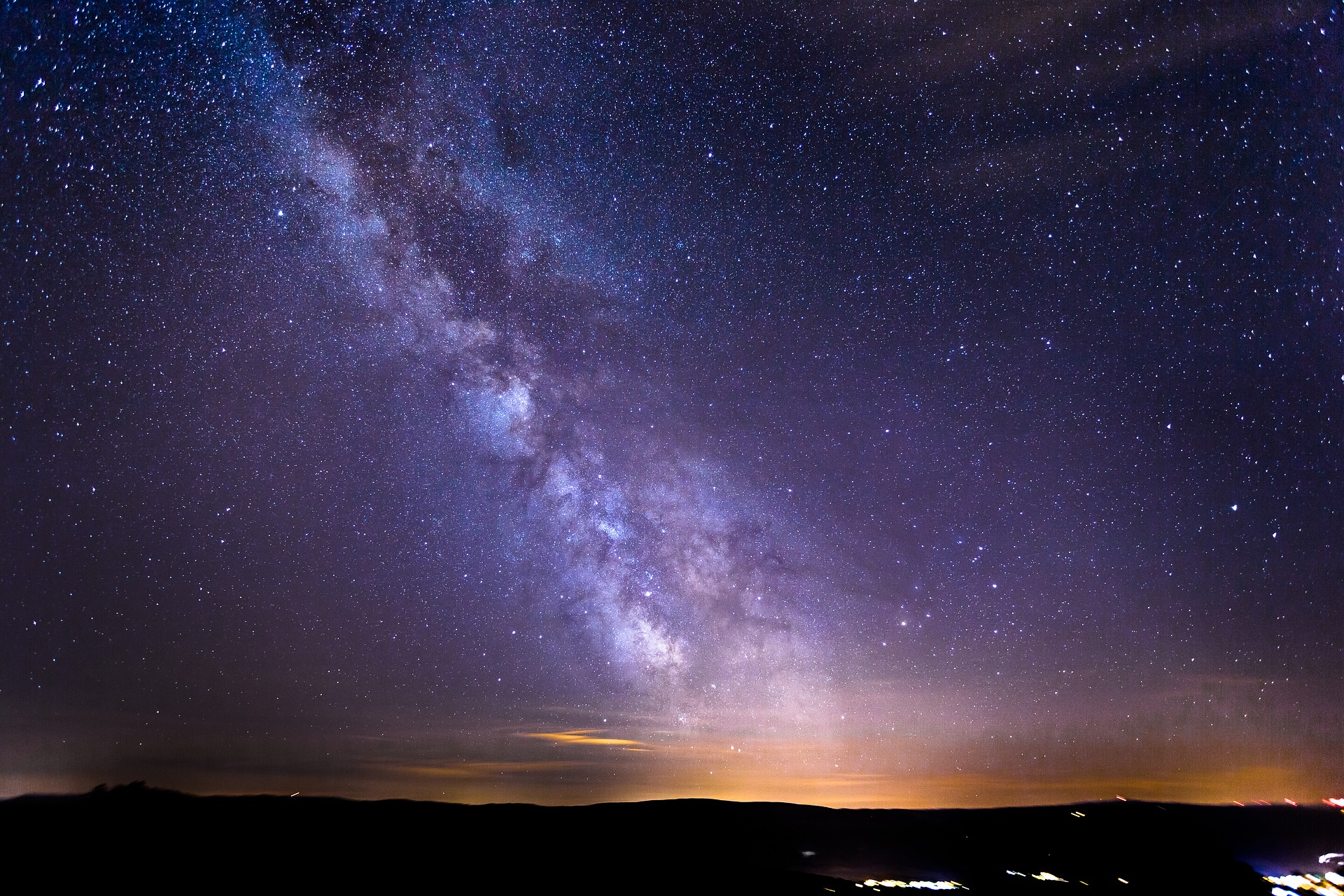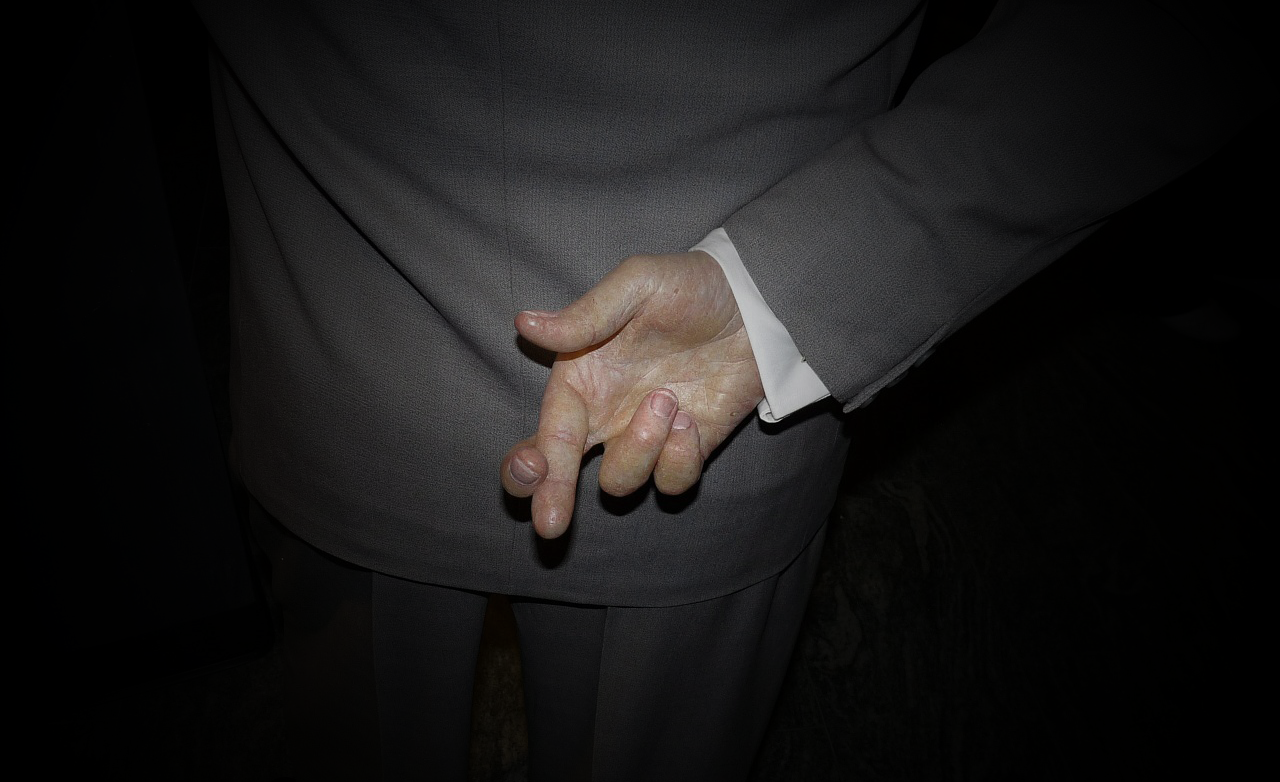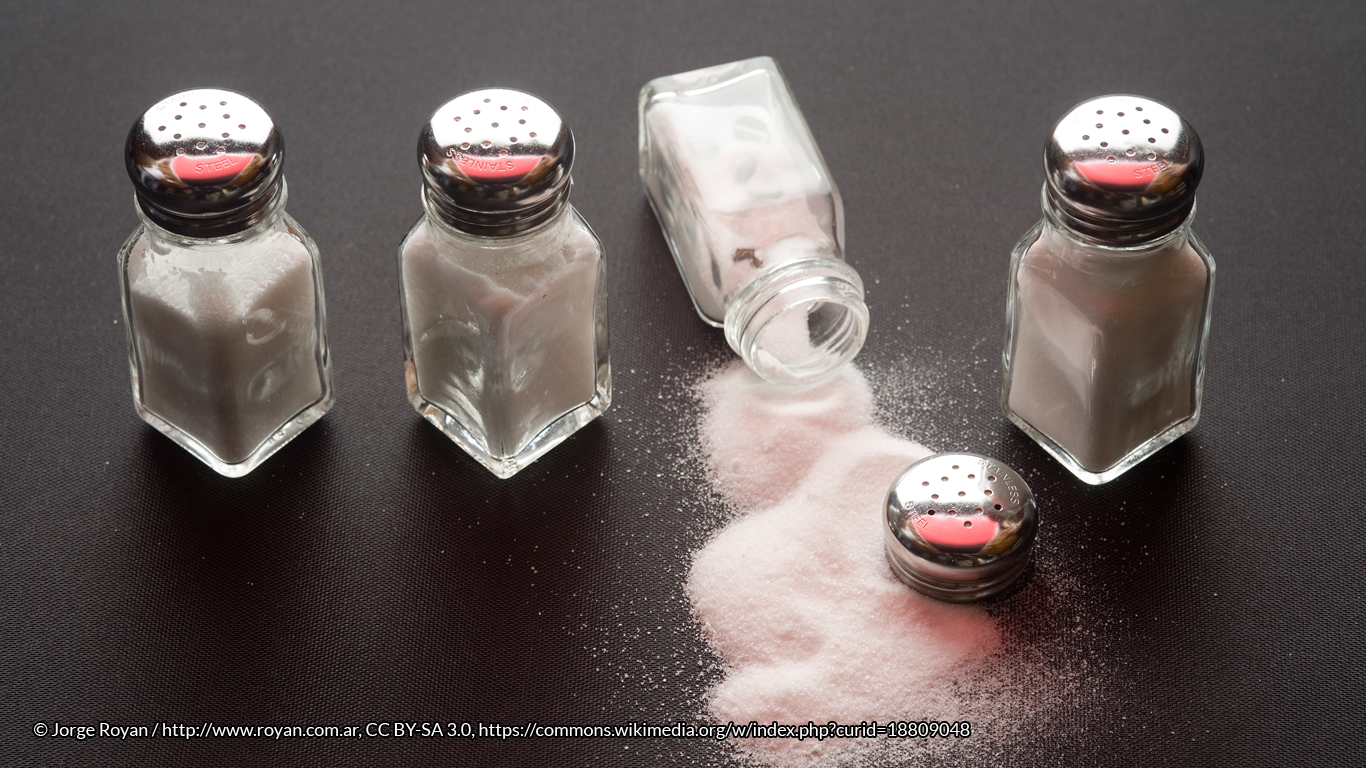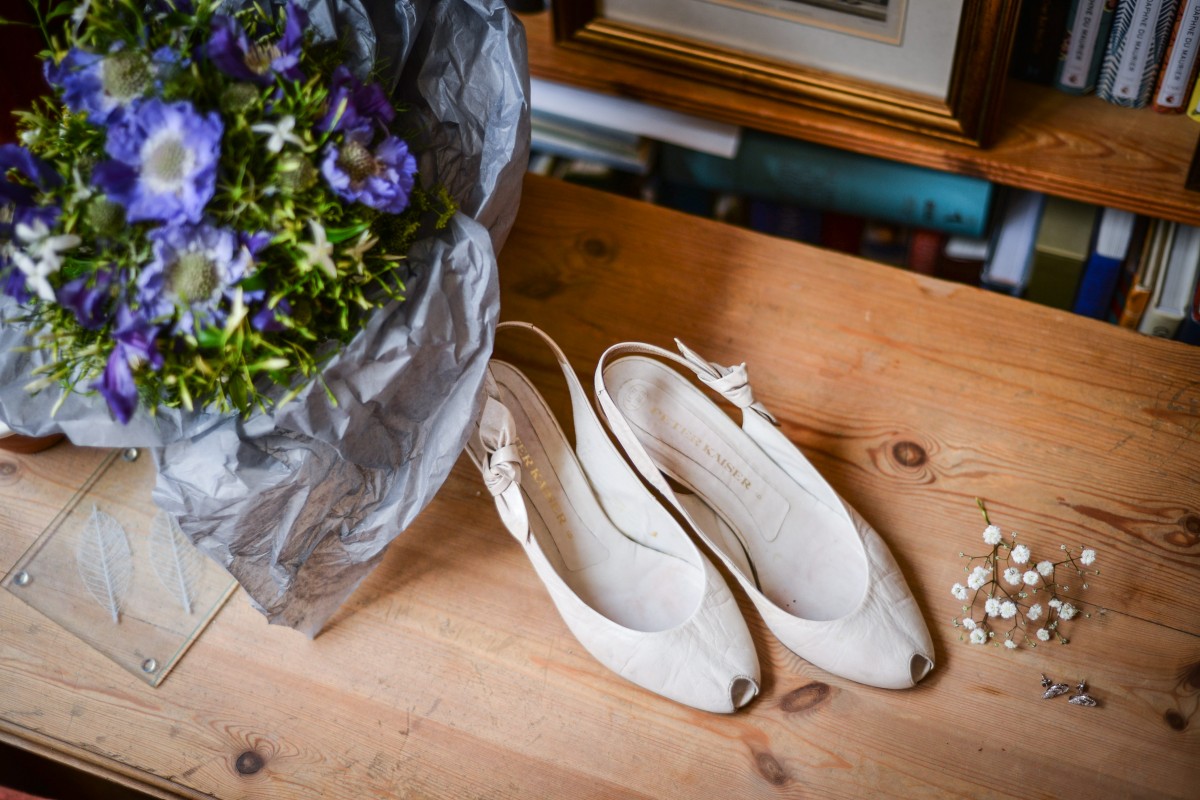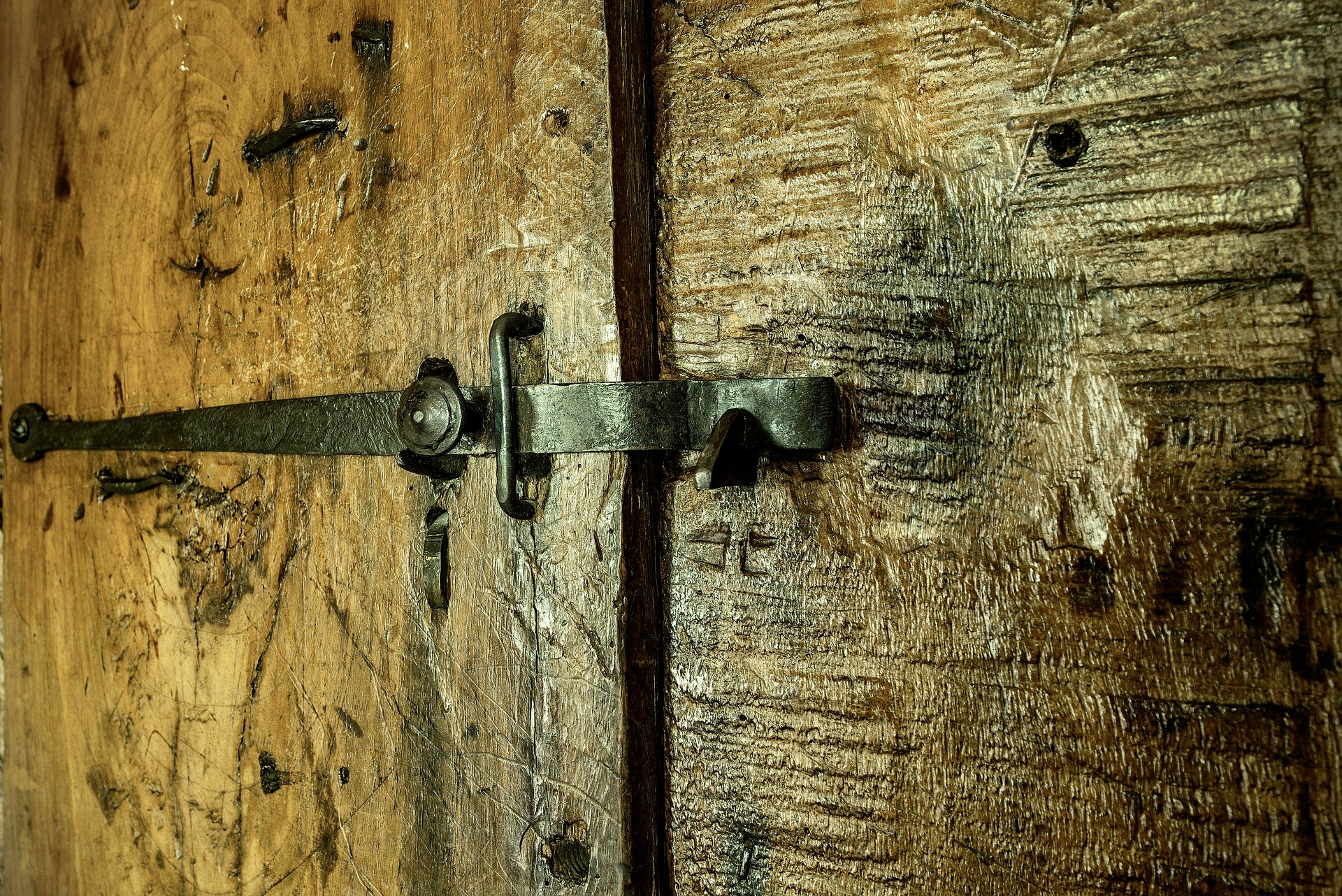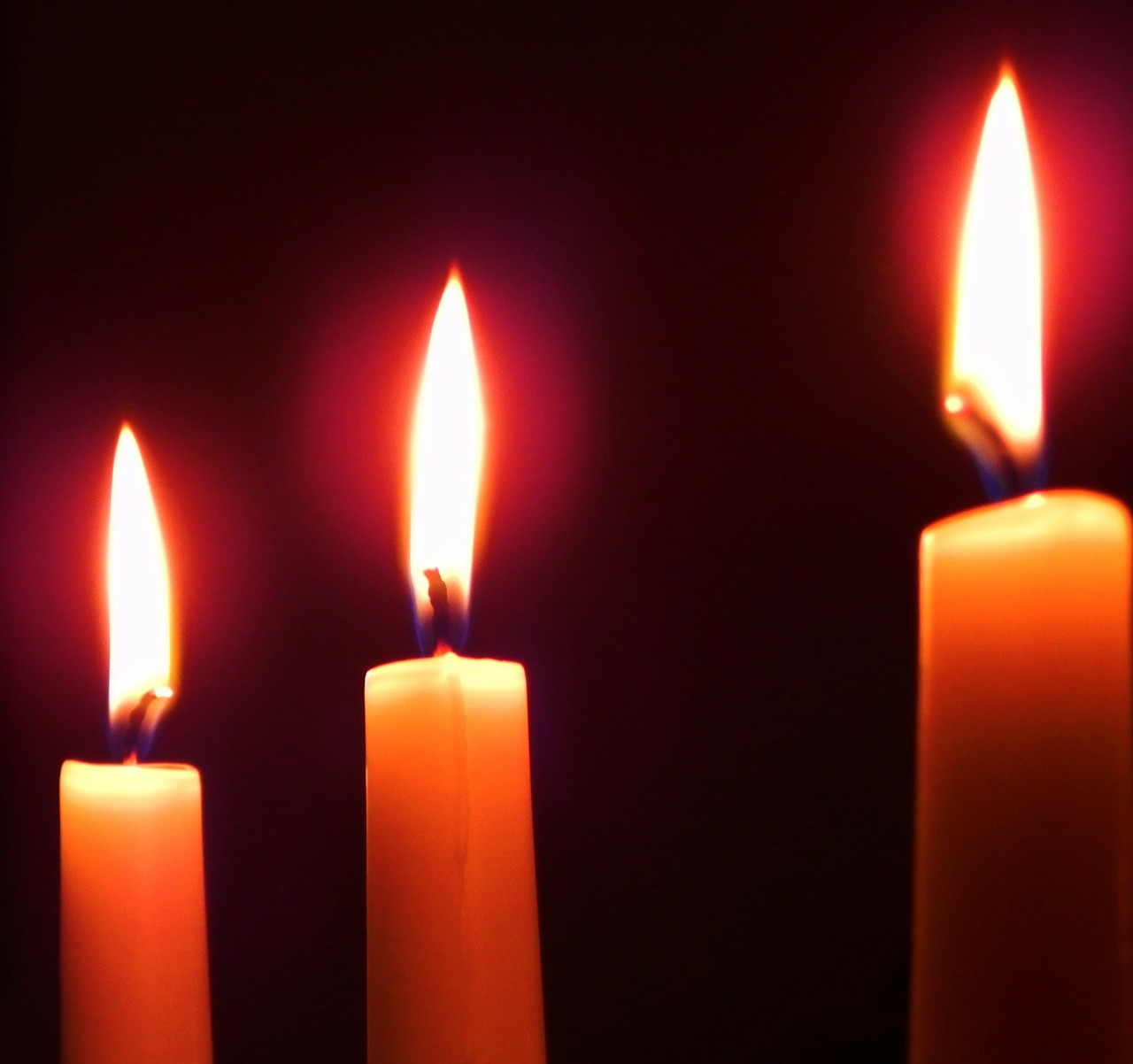The exploration into the origins of common superstitions continues with ‘wishing on a star’. Humans have always looked up into the night sky with awe, and often fear. But where does the superstition of wishing on a star come from?
The sight of shooting stars across the sky has fascinated us for millennia, and catching a glimpse has both good and bad associations.
In Yorkshire falling stars were considered a good omen, stars were the souls of babies coming down from heaven.
On the bad side, in Romania shooting stars were seen as portent of death. Each star is like a candle in the sky and each man has his own candle, when he passes on, his candle is extinguished and falls from the sky.
Shakespeare’s writings are riddled with bad omens from comets, meteors, and shooting stars. It was the prevailing wisdom during Shakespeare’s time that a shooting star was a star escaped from its orbit. For example from Anthony and Cleopatra:
“He makes me angry,
And at this time most easy ‘tis to do’t,
When my good stars, that were my former guides,
Have empty left their orbs, and shot their fires
Into th’abyss of hell.”
Some argue that the randomness of meteors, comets and shooting stars create fear in an otherwise predictable night sky.
Some traditions perceive shooting stars as both good and bad. The Greeks believed the stars were rising or falling human souls, and Jews and Christians believed in falling angels or devils. On the other side of the world, different Indigenous Australian groups perceived meteors as either good — associated with benevolent spirits — or bad — bringing evil magic and war. When Halley’s comet appeared in the sky in 1066, it was a good omen for the Normans but bad for the last Anglo-Saxon king of England. And Ptolemy wrote that shooting stars were evidence of the gods peering down to earth and lights falling through the cracks, but it is uncertain whether being spied on by the gods is a good or a bad thing.
These days, witnessing a shooting star is considered lucky and an opportunity to wish for your heart’s desire.
Although there are two schools of thought, the popular nursery rhyme suggests the ‘first star I see tonight’ is the lucky one rather than a falling star. If you do see a star, there are ways to ensure your wish is a sure thing: in Chile you pick up a stone at the same time, or in the Philippines tie a knot in your hanky.
The practice of wishing on a star is now ensconced in an iconic song. ‘When you wish upon a Star’ was first written for the Disney cartoon Pinocchio in 1940, winning the Academy Award for Best Original Song, before becoming the theme tune for the Disney Corporation, and now a regular Christmas song in Scandinavia and Japan.
“When you wish upon a star
Makes no difference who you are
Anything your heart desires
Will come to you”
There is no clear explanation why the fear and bad omens of shooting stars has disappeared from our culture, perhaps this is due to our increased scientific understanding of our night sky, and now we celebrate rather than fear any falling space debris.
Shooting stars began as both a good and bad signal in the sky and it is unclear why we now only focus on the positive. But now this belief is so heavily ingrained into popular culture, it appears wishing on a star is a happy and hopeful superstition which is here to stay.
See Madeleine’s full series exploring common superstitions!
Recommended Books from #FolkloreThursday
References & Further Reading
Gheorge, A.D., Watson, R., & McBeath, ‘Meteor Beliefs Project: birth and death superstitions associated with meteors in Romanian and British folklore’, Journal of the International Meteor Organization 34:5 2006
Gurthrie, W.G., ‘The Astrology of Shakespeare’, The Irish Astrological Journal Vol.6 June 1964
Hamacher, D.W., & Norris, R.P., ‘Meteors in Australian Aboriginal Dreamings’, Journal of the International Meteor Organization 38:3 2010
Radford, M., Encyclopaedia of Superstition, Read Books, London 2013

